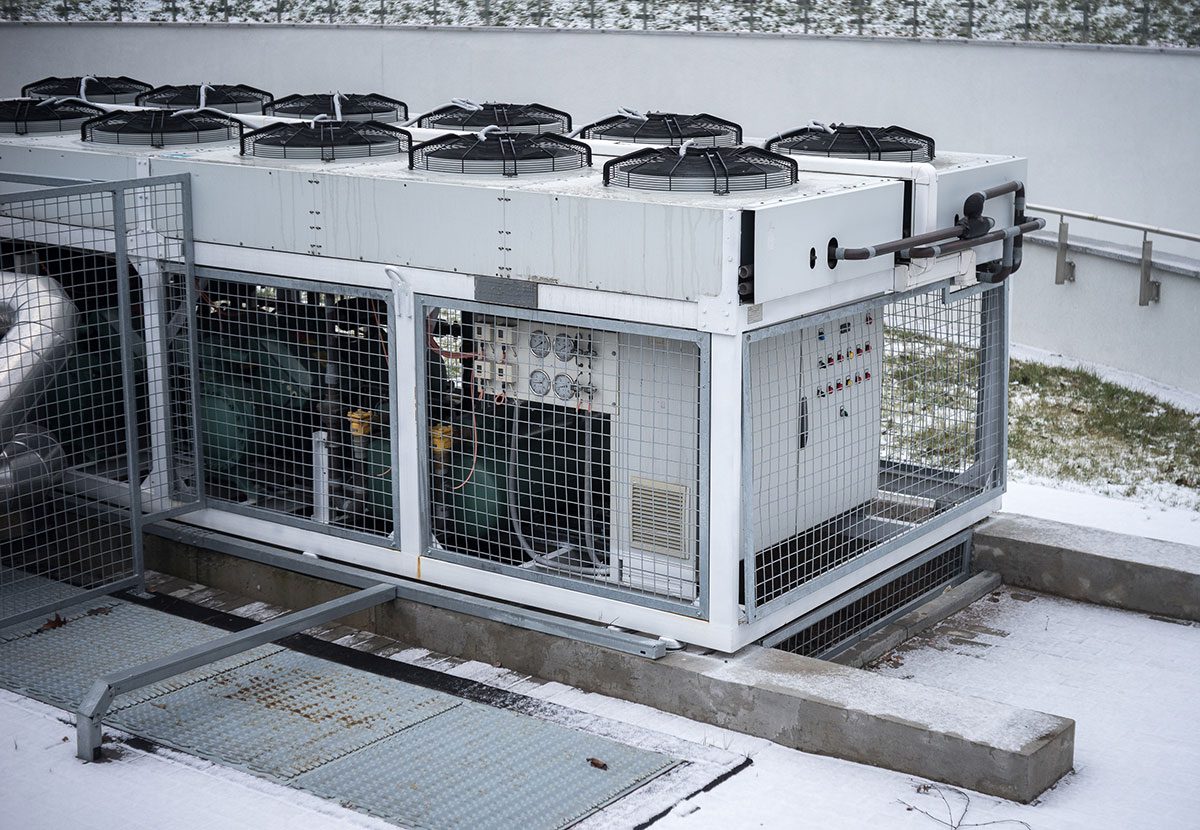Is Your HVAC System Ready for Winter?
Winter may seem distant right now, but now is the best time to prepare your HVAC system for the cold season. It will help you prevent unexpected breakdowns, ensure energy efficiency, and prolong the lifespan of the equipment.
This article will explain how to ensure top HVAC performance in the cold months.
Why It’s Important to Prepare Your HVAC System for Winter?
Cold weather can put your HVAC system under strain. If you fail to ensure the HVAC equipment is well-prepared and optimized, you may face breakdowns, increased energy bills, and poor performance.
For HVAC systems working on gas, safety is another major concern. If you don’t look after the equipment, it may lead to devastating consequences.
Here are the necessary steps you should take to mitigate all those risks.
Essential Winter Preparation Tasks for Your Commercial HVAC System
Here is your HVAC pre-winter to-do list. Some of these tasks can be performed without help from HVAC professionals, and others require specific knowledge and expertise – but all of them are important.
Filter Replacement
A clogged air filter restricts airflow, resulting in reduced efficiency and even system failures. Moreover, neglected filters compromise indoor air quality, exposing occupants to allergens and pollutants.
This clean airflow becomes especially important in winter when windows are less likely to be opened. Before the cold hits, evaluate the filters’ condition and clean or replace them if needed. And make sure you maintain a rigorous schedule of changing your filters every month.
Thermostat Calibration
An improperly calibrated thermostat can cause excessive or insufficient heating. Moreover, it may result in short cycling, where the system frequently turns on and off, wearing components out prematurely.
Regular calibration checks ensure the thermostat responds accurately to temperature changes, providing consistent comfort while optimizing energy usage.
As an alternative to constant calibration, consider upgrading to smart thermostats. They adjust heating based on occupancy and usage patterns, ensuring enhanced efficiency and cost savings.
Heating Components Check
Thoroughly examine heating elements like burners, heat exchangers, and ignition systems. Malfunctions in these components during cold months can drastically reduce heating efficiency, and pose safety risks.
For example, a cracked heat exchanger can release deadly, odorless carbon monoxide gas into the building.
Lubricating Moving Parts
HVAC motors and drives need lubrication to function optimally. Over time, friction between moving parts can increase electricity consumption and hasten component wear.
Routine lubrication will help them operate seamlessly, minimizing breakdown risk. While applying lubricant, inspect moving parts for signs of wear or damage. Catching them early can prolong the life of these components and enhance the system’s overall efficiency.
Electrical Connections Check
Loose electrical connections are potential safety hazards. A loose wire can cause erratic system behavior or even short circuits.
Regularly check connections, measure motor voltage, and ensure current consistency to keep major components humming smoothly while mitigating safety risks. Given the intricacies and dangers of electrical work, we advise hiring HVAC professionals to conduct these inspections.
Exhaust Outlets Inspection
Exhaust outlets or vents release combustion byproducts safely outside. They can get blocked by snow, debris, or even nesting animals.
It may affect indoor air quality and lead to dangerous backflows of harmful gases like carbon monoxide. Inspect and clean them regularly, especially after snowfalls or storms.
Duct Inspection and Cleaning
Air ducts can accumulate dust, allergens, and mold, impacting air quality and system efficiency. Keep them clean to ensure efficient air circulation. Addressing duct leaks prevents heat loss, optimizing energy usage and saving you money!
We Can Help Prepare Your HVAC System for Winter
No matter how comprehensive your DIY check is, having a certified HVAC technician inspect the system is a must. These professionals have a trained eye, catching potential issues that might escape the untrained observer.
Diversified HVAC has decades of experience maintaining HVAC systems of all scopes and sizes. We can help keep your building warm and indoor air clean throughout the season.
Want to know more? Call us!


